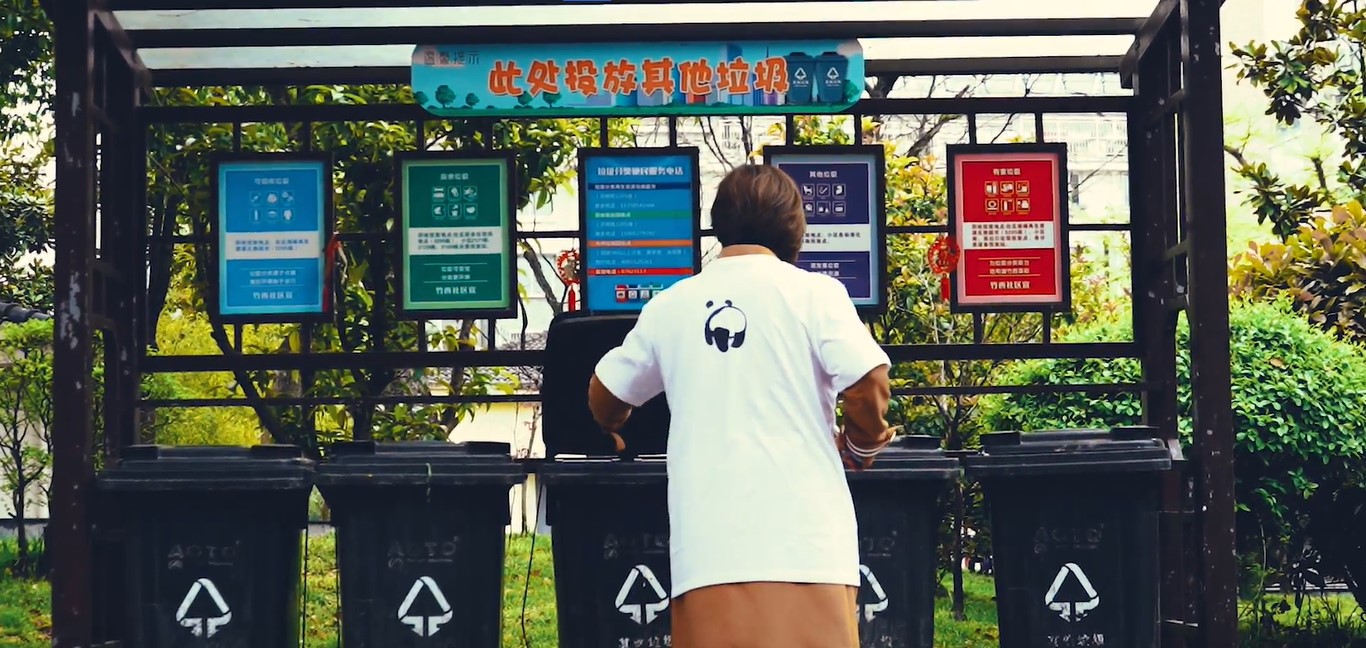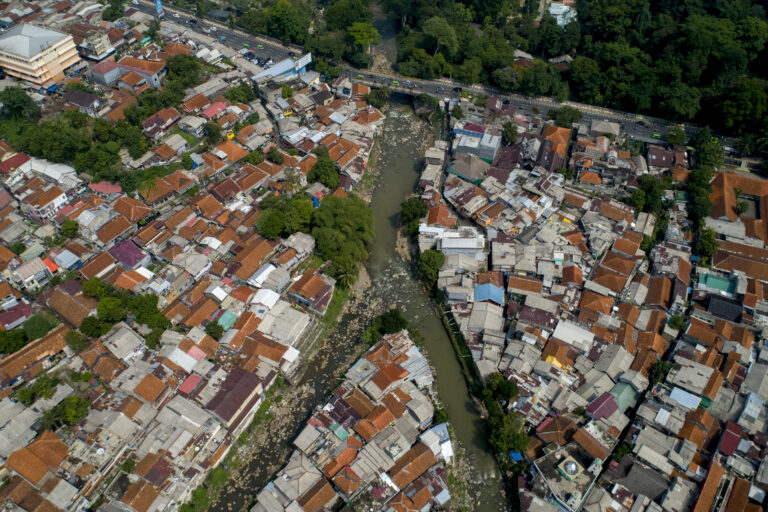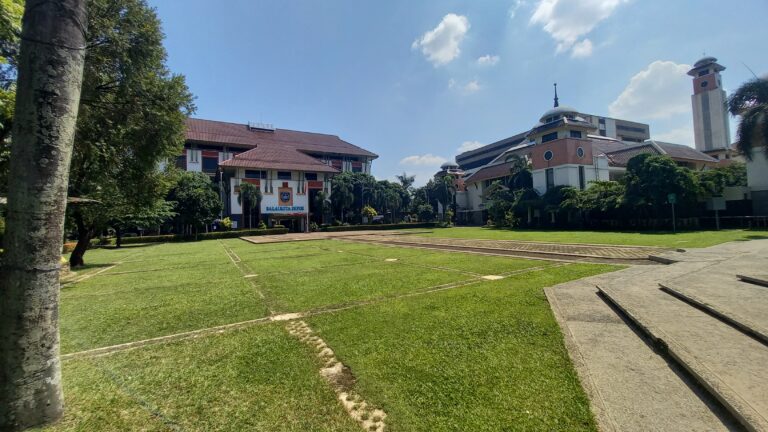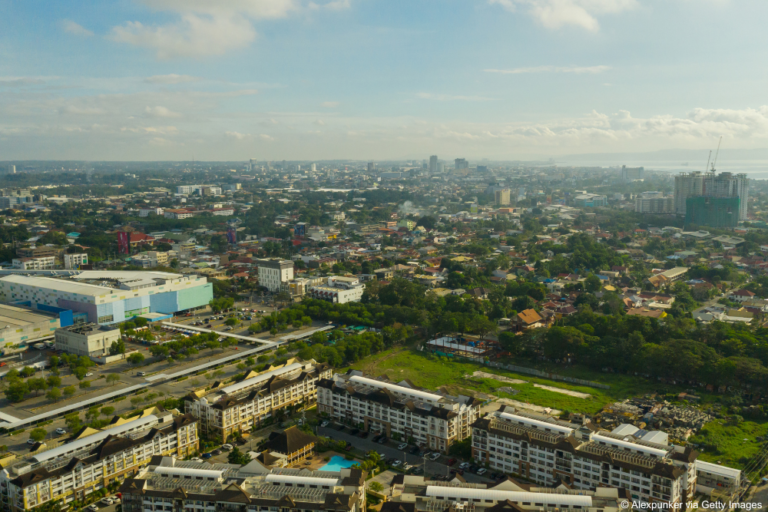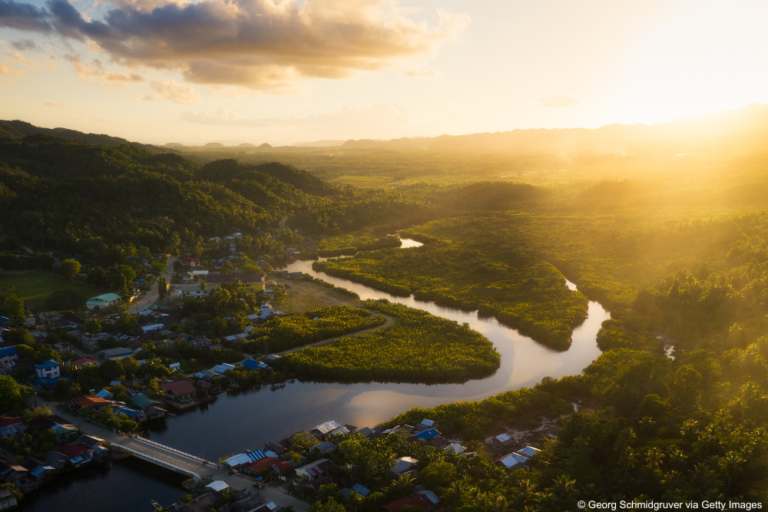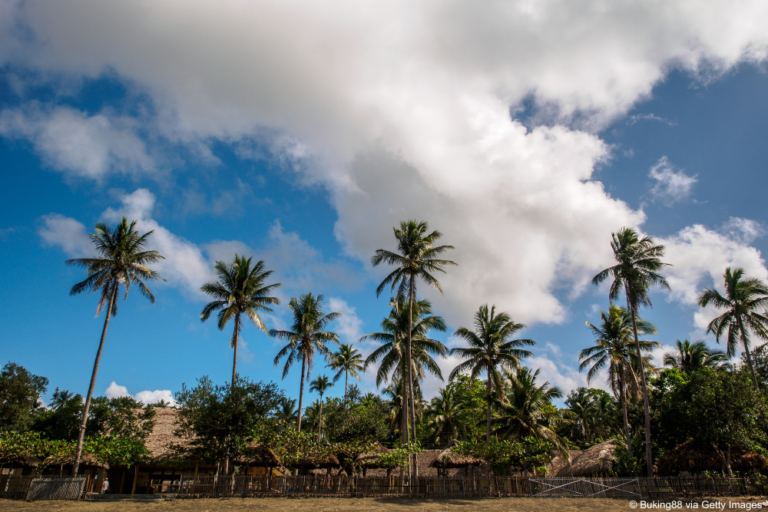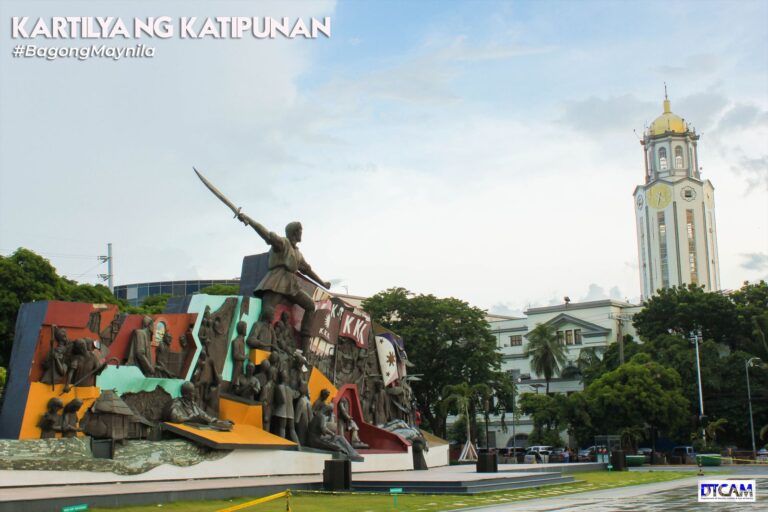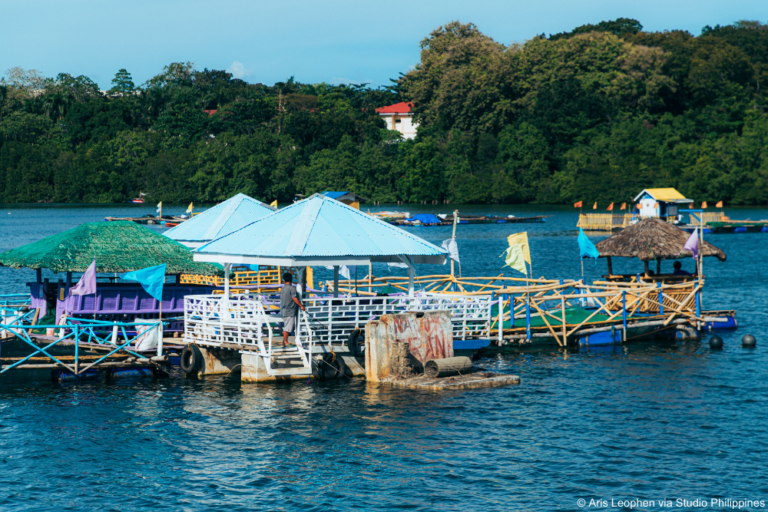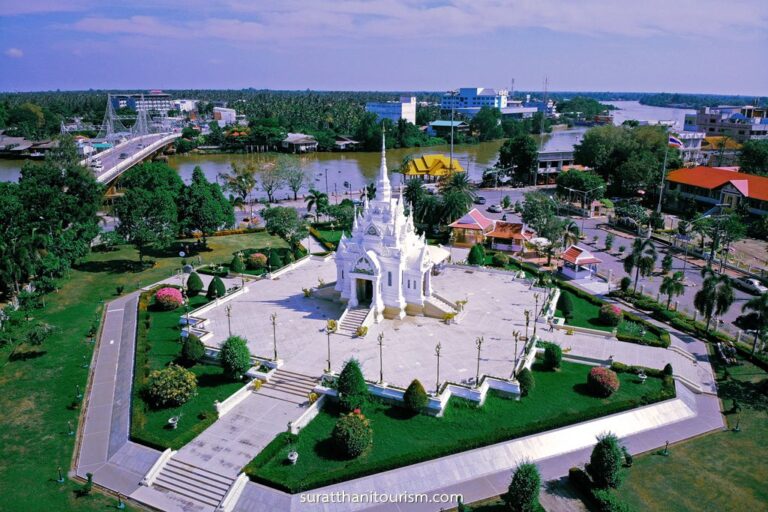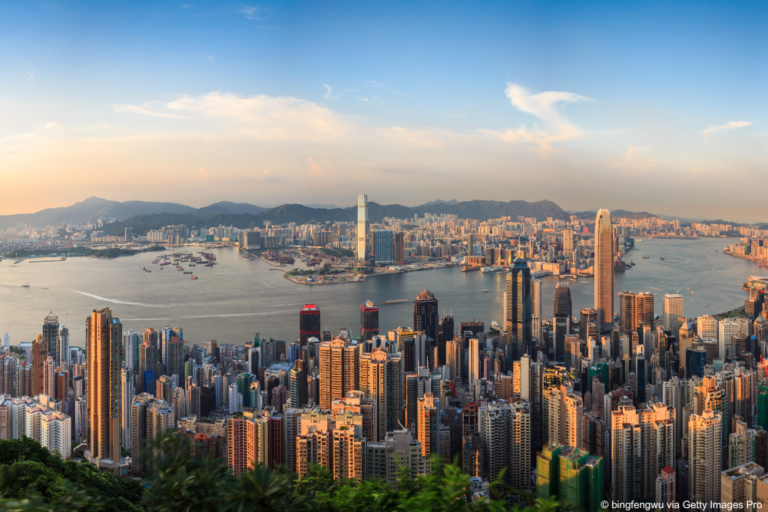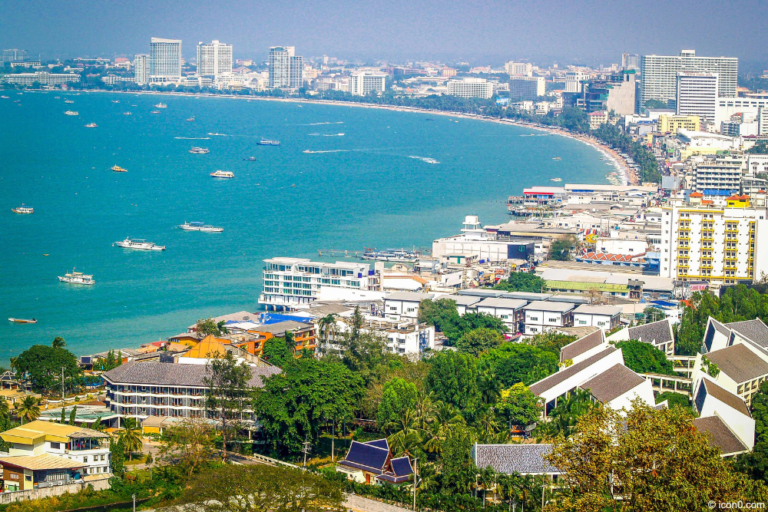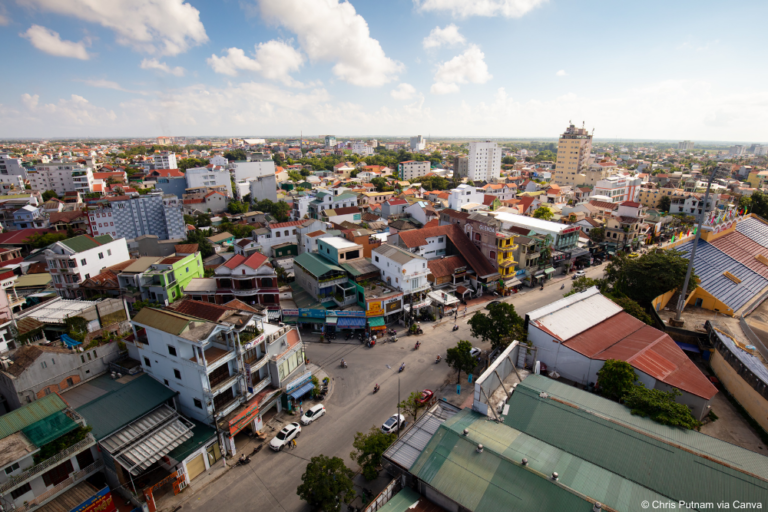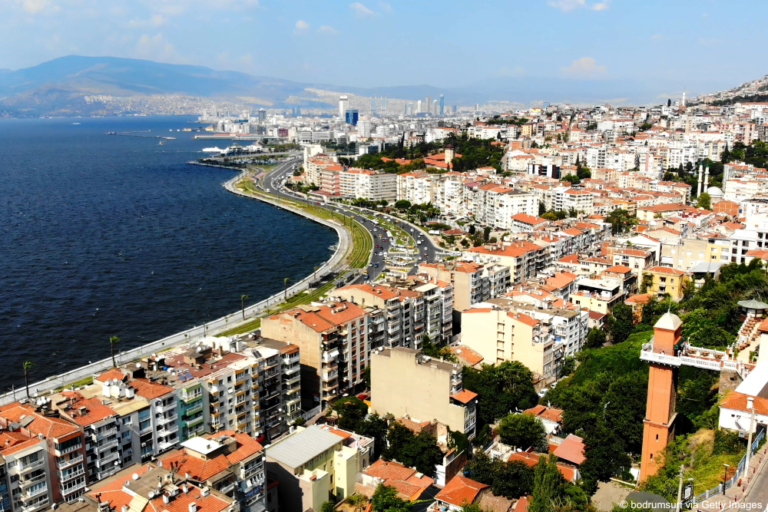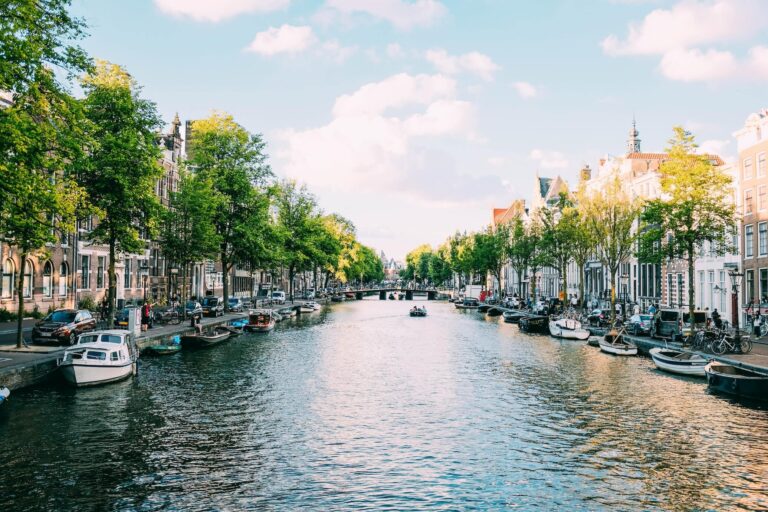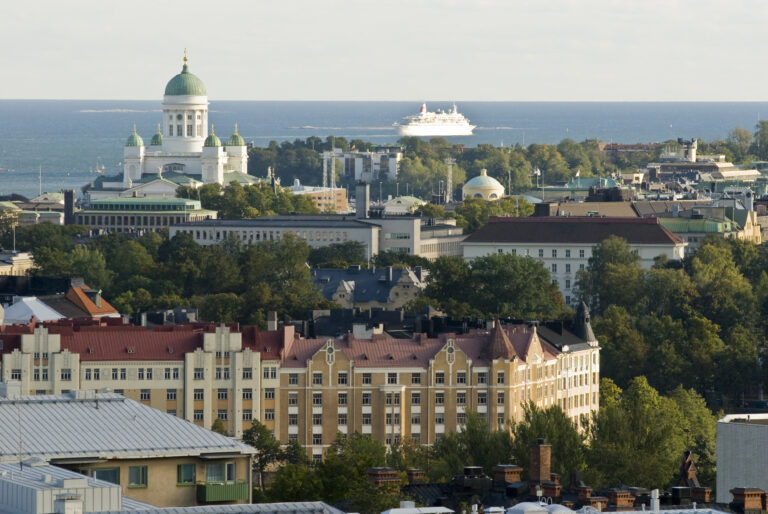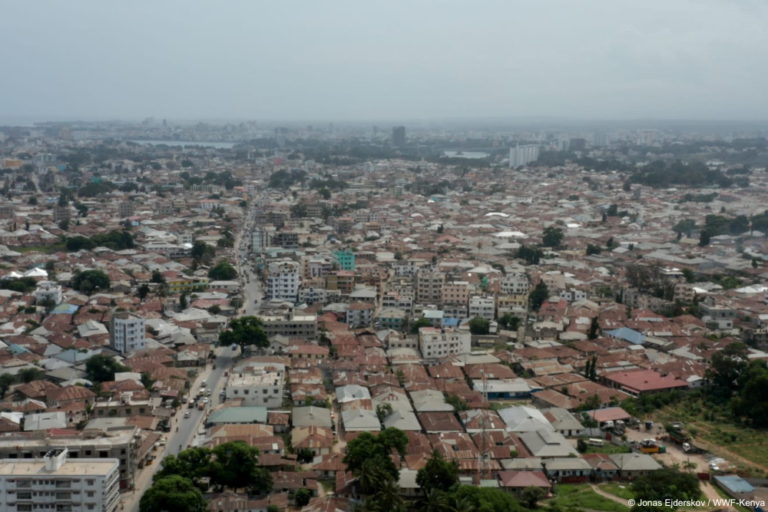Yangzhou is one of the first 24 historical and cultural cities announced by the State Council of China. It has a rich history of more than 2500 years since its founding. Yangzhou, situated at the intersection of the Yangtze River Economic Belt and the Beijing-Hangzhou Grand Canal, has a population of 4.56 million residents. In 2022, the city achieved a regional gross domestic product (GDP) of 710.5 billion CNY. The growth rate of fixed asset investment was 10%, and the total retail sales of social consumer goods increased by 2.6%, both ranking first in the province. With a substantial economic output, excellent ecological conditions, and enormous development potential, the city holds a significant position in the region.
As a fast developing city in China, Yangzhou City encountered challenges of rapid growth of municipal solid waste, especially plastic waste from food delivery, express delivery, agricultural film and pestside package. In recent years, Yangzhou City has been comprehensively implementing Xi Jinping's ecological civilization ideology, adhering to green and sustainable development, and actively exploring pollution prevention and control efforts. It strives to become a model for green development in the Yangtze River Economic Belt. To address one of the most serious environmental challenges facing humanity, plastic pollution, Yangzhou officially joined the World Wide Fund for Nature (WWF) "Plastic Smart Cities" initiative in April 2020, becoming the first city along the Yangtze River to participate in this initiative.
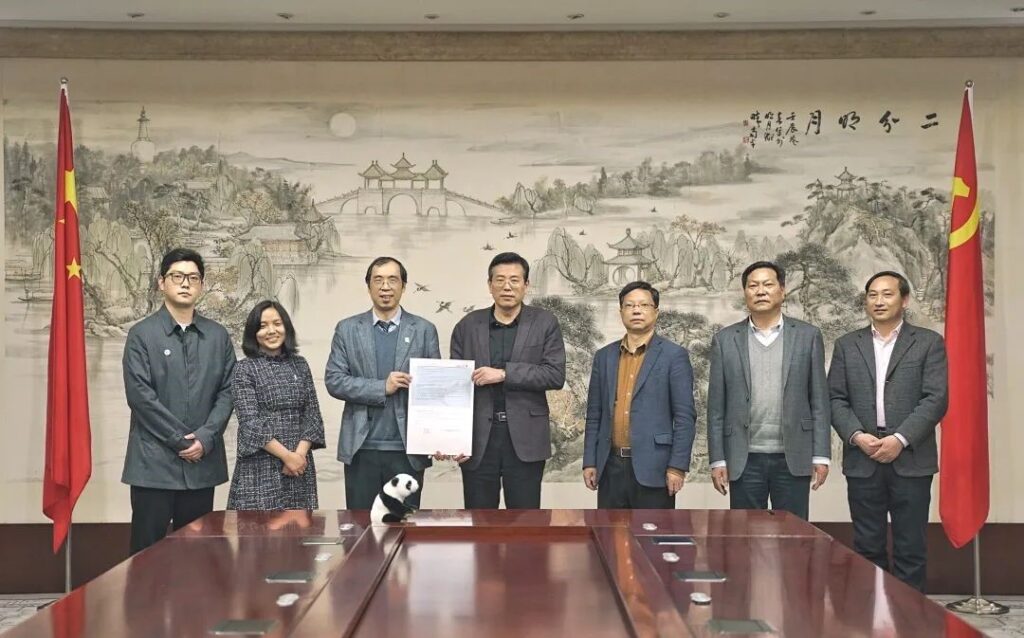
- Building a market-oriented, full public participation waste classification-recycling and transportation-disposal management system.
- Restoring the value chain and establishing a resource-oriented and energy-efficient agricultural film recycling system.
- Initiating the construction of the Yangtze-Huaihe Ecological Corridor, classifying and recycling fishing nets and equipment for resource utilization and disposal.
The Yangzhou Plastic Smart City model included a three-pronged approach of applying integrated
- Government Leadership;
- Market Mechanisms; and
- Evidence-based International Standards PSC Action Plan.
WWF China worked with the Yangzhou municipality to sign the Declaration of Intent, committing to the reduction of plastic leakage by 30%. Yangzhou government’s leadership paved the way for the roll-out of a holistic waste management plan.
In the long-term, the City of Yangzhou has committed to reducing plastic leakage into nature through working with markets and developing a comprehensive waste management system that is integrated end-to-end. Through this initiative, the following was achieved:
- Established 87 recycling stations for agriculture plastic mulching film (Recovery Rate: 90.5%)
- Set 1457 recycling stationsnodes in Supply & Marketing Cooperative networks
- Recycled 2000 tons of fishing nets and gear.
- Upgraded source-separation systems, including 60 recycling centres and four centralised facilities.
To strengthen market mechanisms, market-oriented comprehensive waste segregation, collection and disposal management systems were established in pilot sites, where companies were responsible for segregation and disposal of their waste. There was also value chain restoration – building a system of recycling agricultural mulching film for material regeneration and energy recovery through incineration. In terms of its efforts to reduce the generation of plastic waste, the service and logistics industries were engaged to promote industry-wide plastic reduction and substitution throughout the process.
Another pilot involved the standardisation of urban and rural waste classification management, advancing the integration of segregation, collection, transportation, and disposal with a focus on critical waste control areas. In the development of the Yangtze-Huai River Eco-Corridor, there was also a focus on addressing the proper disposal of fishing nets and gear – this included the door-to-door collection as well as cleaning and retrieval of abandoned finishing nets and gear to be transported to recycling enterprises for reutilisation.
